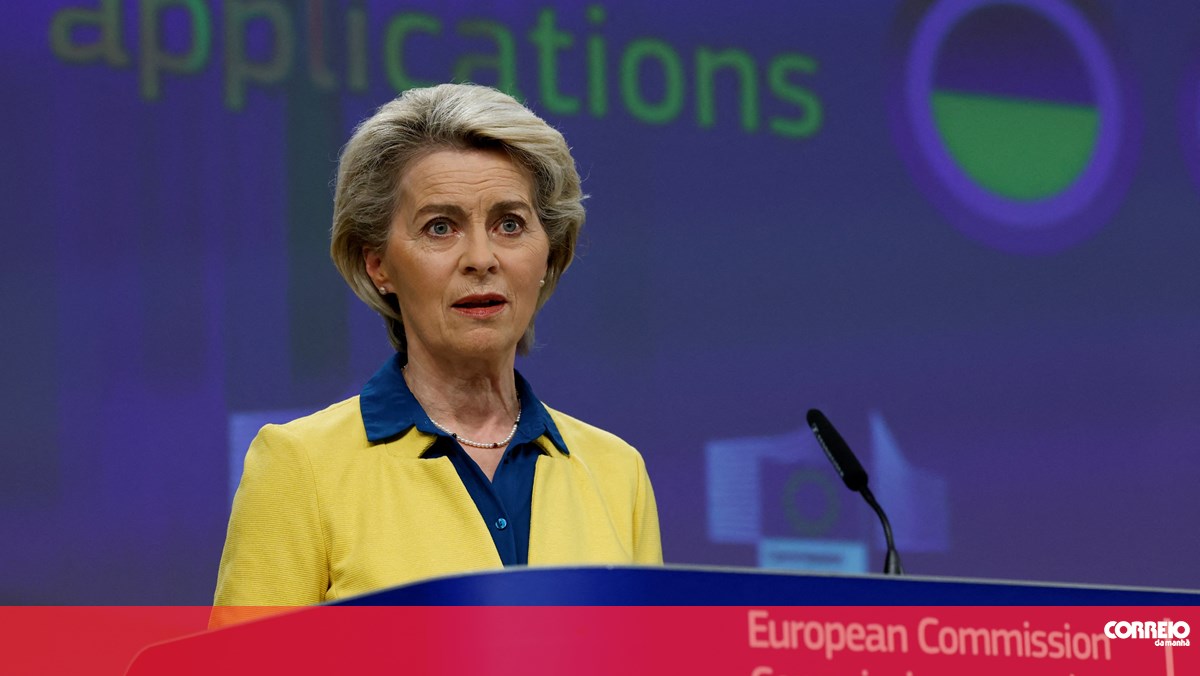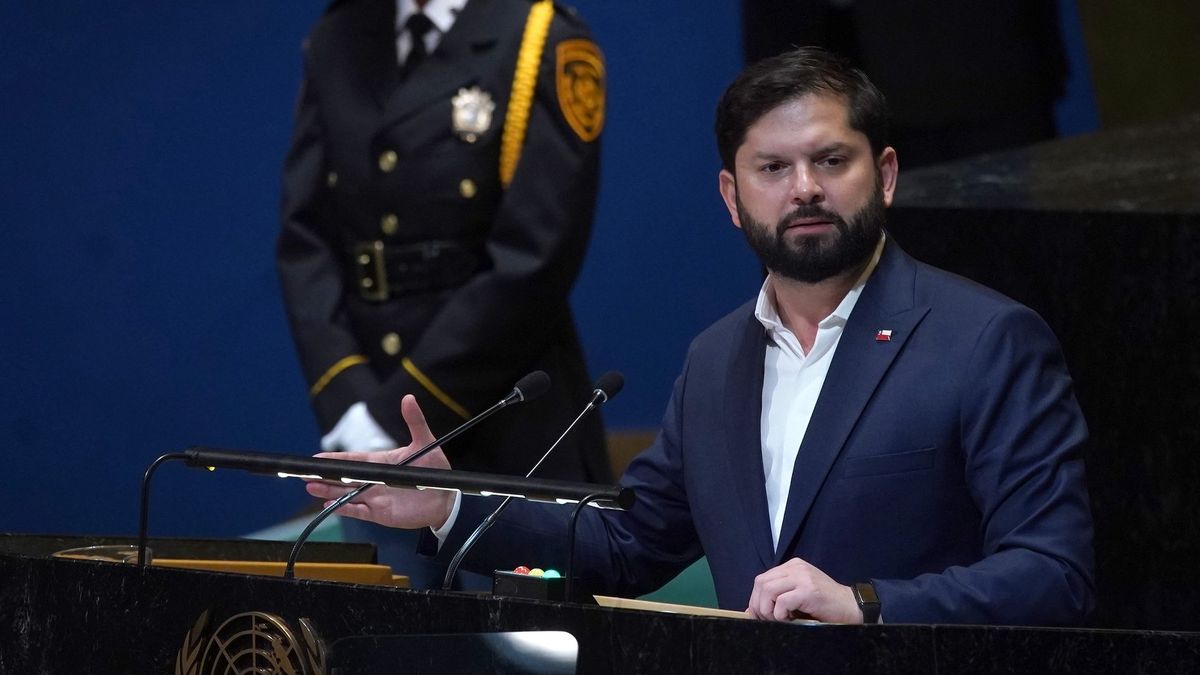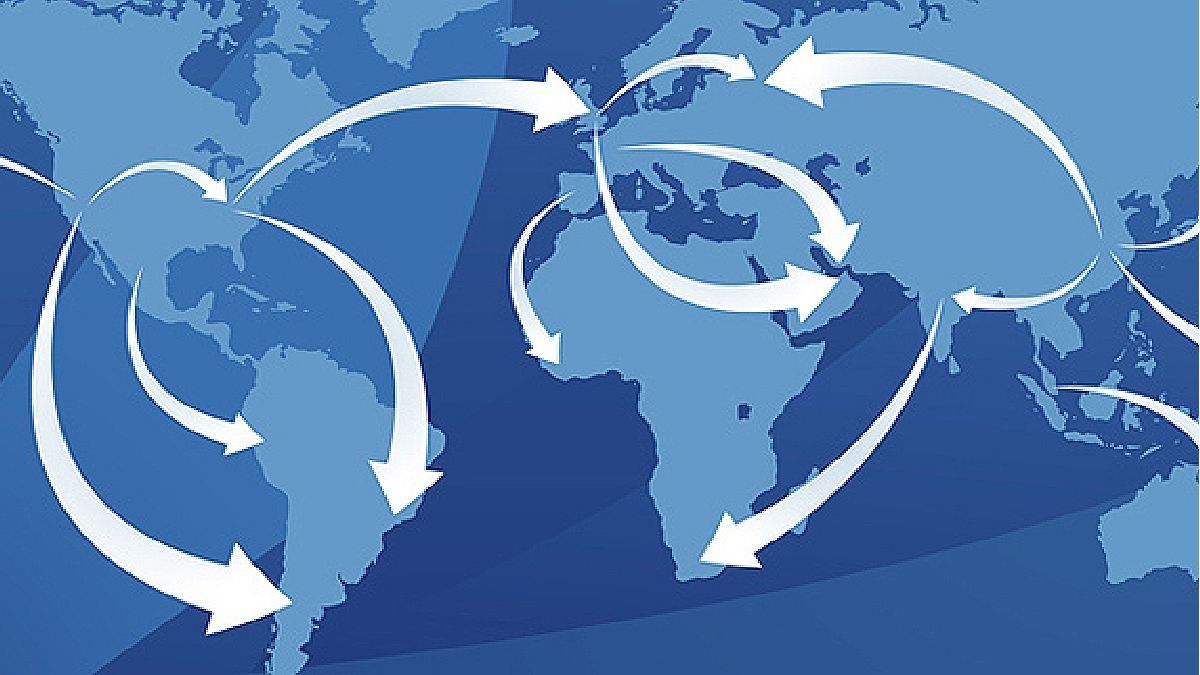European Commission President Ursula von der Leyen said on Tuesday that saving energy is “vital to energy security” in the European Union (EU) when a voluntary target to cut gas consumption comes into effect.
“Our emergency plan to reduce gas demand in the EU has already been adopted and several Member States have already taken valuable and voluntary steps towards our goal: together we aim to reduce gas consumption by at least 15%,” wrote Ursula von der Leyen. in a post on Twitter.
The community’s chief executive said “energy conservation is vital to Europe’s energy security” while there are fears that supplies from Russia to the EU will be cut off.
The goal of a voluntary reduction in EU gas consumption by 15% comes into effect on Tuesday until the spring of 2023, with the aim of increasing storage in member countries and providing a “safety cushion” in the face of a possible disruption in supplies from Russia.
The entry into force of the regulation, published on Monday in the Official Journal of the EU, follows a political agreement reached in late July in Brussels, when 27 countries reached a compromise on a proposal presented by the European Commission with the aim of reducing gas consumption by 15% from this month. August to March 31, 2023, but with new exceptions that cover the geographic or physical location of countries.
The compromise was formally adopted by the EU Council last Friday by a qualified majority voted against by Hungary and Poland.
Therefore, it is assumed that in order to improve the security of the EU energy supply this winter, starting this Tuesday, there will be a voluntary reduction in natural gas consumption of the order of 15%, a target that may still differ between countries, since they were exceptions, and derogations were introduced taking into account specific situations of Member States.
Now that the ruling has come into effect, there is also the possibility of triggering a “Union Alert” in the event of a shortage, a scenario in which a reduction in gas demand would become mandatory.
Portugal, for example, “is one of those countries that, due to weak interconnections, could reduce their target by eight percentage points from the originally set target if a gas reduction commitment is created,” the minister said. Environment, Duarte Cordeiro.
In addition, Portugal “can infer a number of circumstances” in which it also finds itself, “such as the production of electricity for the security of the system, or the need to use gas as a feedstock in irreplaceable industries or sectors.” added the minister, in statements made after the political agreement in the EU a week ago.
In mid-July, the European Commission proposed a target to reduce EU gas consumption by 15% by spring, acknowledging that it would continue the mandatory reduction in demand in the face of heightened danger.
The goal is for Member States to reduce natural gas consumption by 15% by March 31, 2023 (compared to the historical average for this period, taking into account the period from 2017 to 2021) in order to increase the level of European storage and create airbag for emergencies.
Geopolitical tensions over the war in Ukraine have affected the European energy market as the EU imports 90% of the gas it consumes and Russia accounts for about 45% of those imports at various levels between member states.
In Portugal, Russian gas accounted for less than 10% of total imports in 2021.
Author: Lusa
Source: CM Jornal
Jane Stock is a technology author, who has written for 24 Hours World. She writes about the latest in technology news and trends, and is always on the lookout for new and innovative ways to improve his audience’s experience.




